Contributors
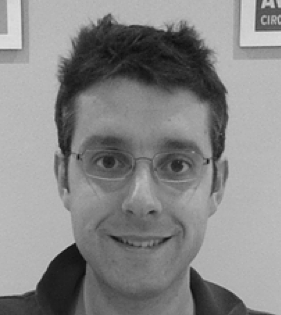
Steven Williams
Steven is a BHF Intermediate Clinical Research Fellow in Cardiac Electrophysiology at the University of Edinburgh and an Honorary Senior Lecturer in the Division of Imaging Sciences & Biomedical Engineering at King's College London. His research interests focus on the intersection of electrophysiology and cardiac imaging with insights from computational modelling.
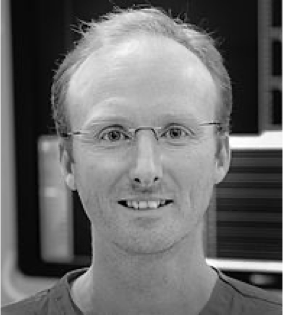
Nick Linton
Nick is Senior Lecturer in Cardiovascular Bioengineering at Imperial College London, combined with being a Consultant Cardiologist and Electrophysiologist at Imperial Healthcare. His research interests include mapping of complex arrhythmias and the development of predictive tools for arrhythmia.
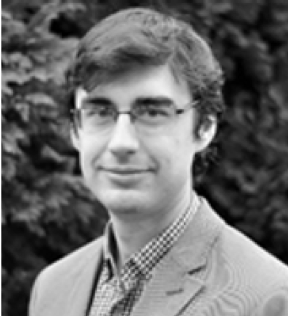
Steve Niederer
Steve is the head of the King’s College London Cardiac Electro-Mechanics Research Group (CEMRG). The group focus on using physiology and physics encoded in biophysical models to interpret diagnostic and imaging data from the heart. The team works closely with cardiac imaging, cardiology, cardiovascular research and data science collaborators to bring novel technologies to bear to study and treat cardiovascular diseases.

Adam Connolly
Adam is a Data Scientist at Invicro UK where he develops deep neural networks for various biomedical and image processing tasks, alongside general software development work. Prior to this he was a research associate in computational cardiac electrophysiology at King's College London. Adam has a PhD in aerospace engineering from Imperial College London.
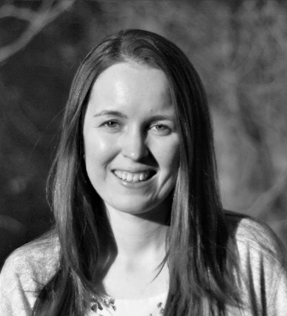
Caroline Roney
Caroline is an MRC Skills Development Fellow working in the School of Biomedical Engineering & Imaging Sciences at King’s College London. She uses a combination of signal processing, machine learning and computational modelling techniques to develop novel methodologies for investigating atrial fibrillation mechanisms from clinical imaging data and electrical recordings.
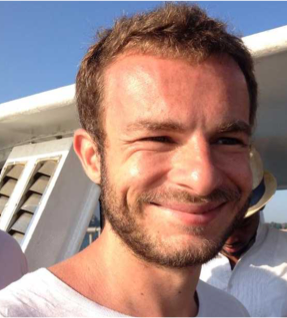
Cesare Corrado
Dr Cesare Corrado is a postdoctoral research associate in the School of Biomedical Engineering & Imaging Sciences at King’s College London. His earlier research concerned computational models for multi-physics problems and data assimilation techniques (reverse engineering). Using computational models of the human heart, personalised from clinical data (MRI, Electrograms), he develops new methodologies to improve the treatment of cardiac arrhythmias.
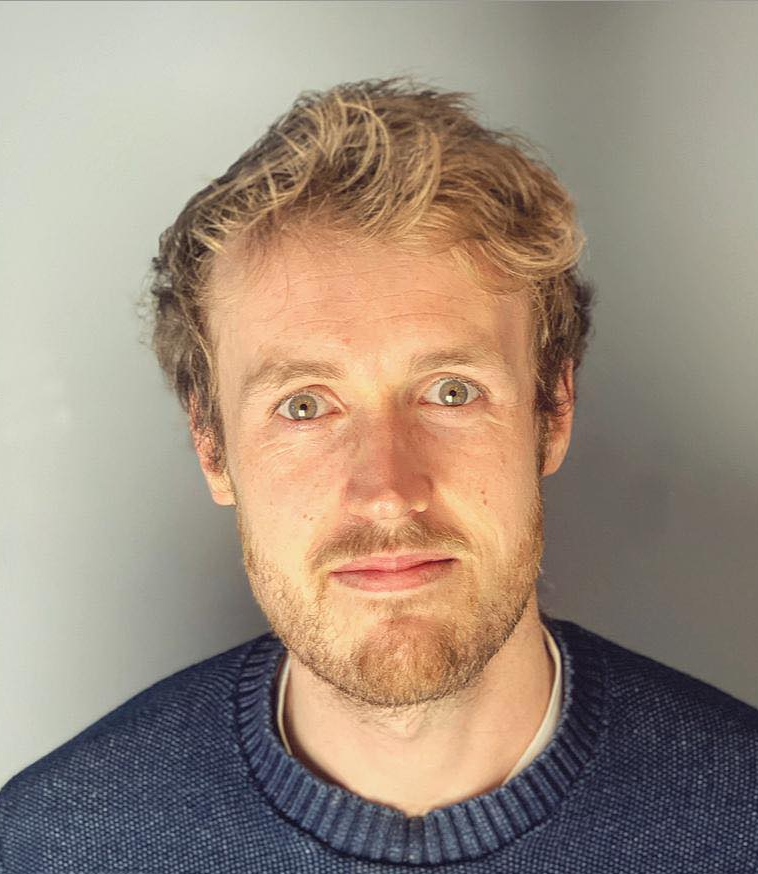
Chris O'Shea
Chris is a Sir Henry Wellcome fellow at the University of Birmingham. His research aims to develop new tools and combine expertise and knowledge from preclinical optical mapping and clinical electroanatomical mapping to improve understanding and treatment of cardiac arrhythmias.
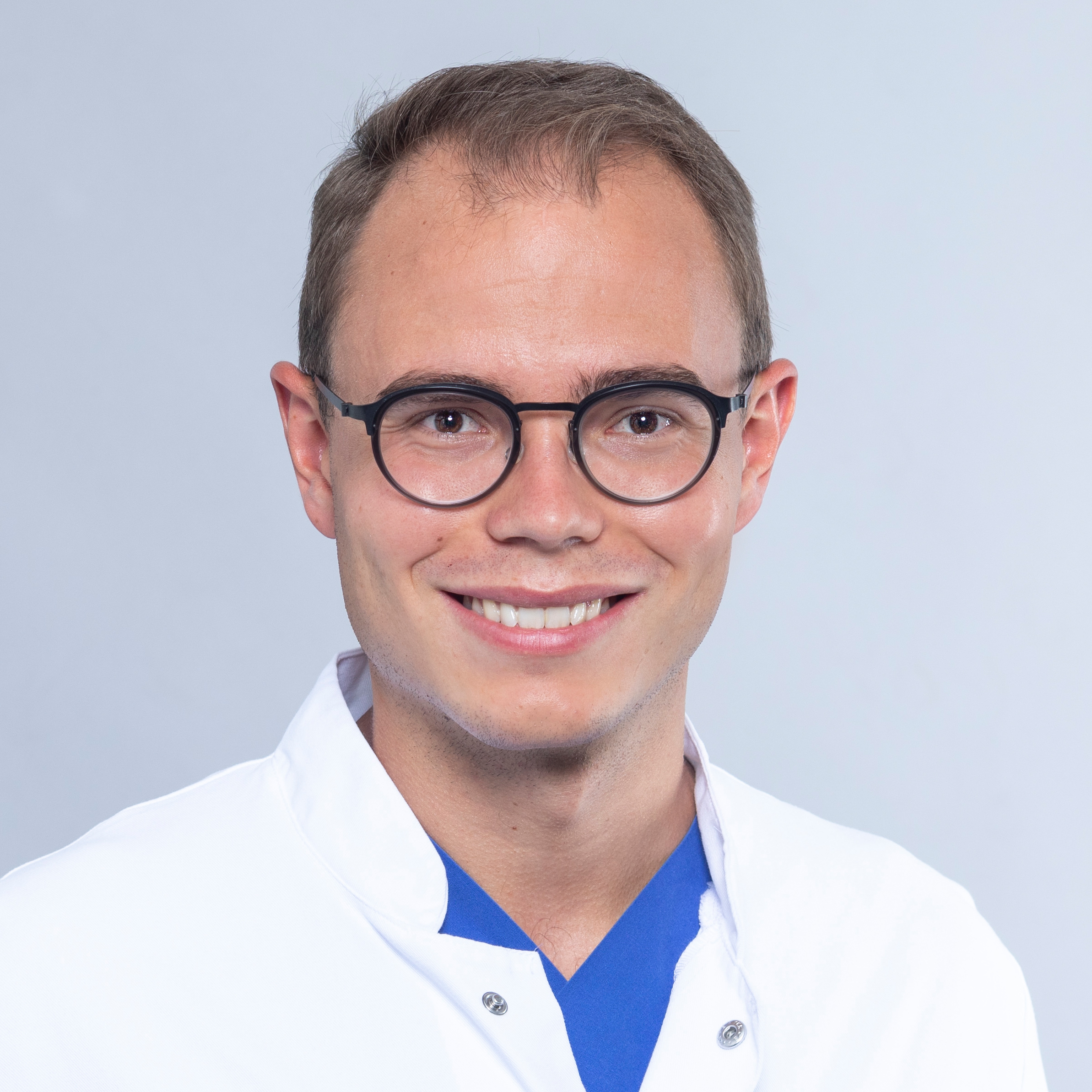
Julius Obbergassel
Julius Obergassel is a clinician-scientist specializing in interventional electrophysiology. He merges classical statistics with data science and machine learning for his clinical and translational research while also aiming to create secure, GDPR-compliant research platforms for efficient clinic-based and decentralized patient-near research. As a post-doctoral researcher, Julius focuses on atrial fibrillation and atrial cardiomyopathy using innovative computing-based approaches. He's a principal investigator in a cross-disciplinary lab at the Hamburg House of Computing and Datascience (HCDS) and works on non-invasive diagnostics for atrial cardiomyopathy in the PREDACM project, funded by the German Heart Foundation.
